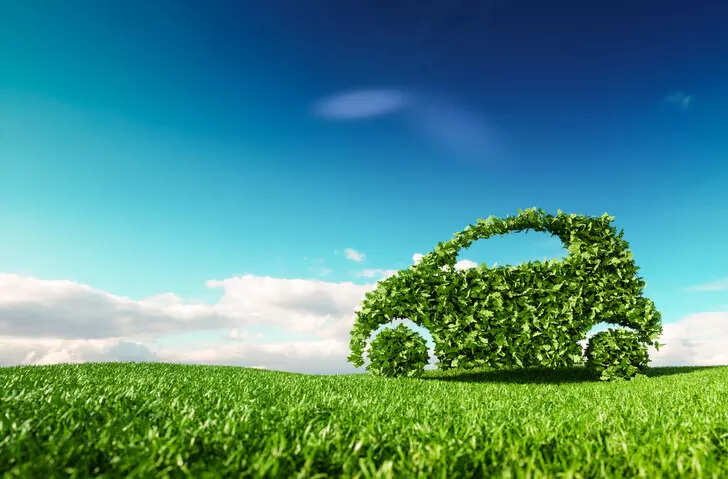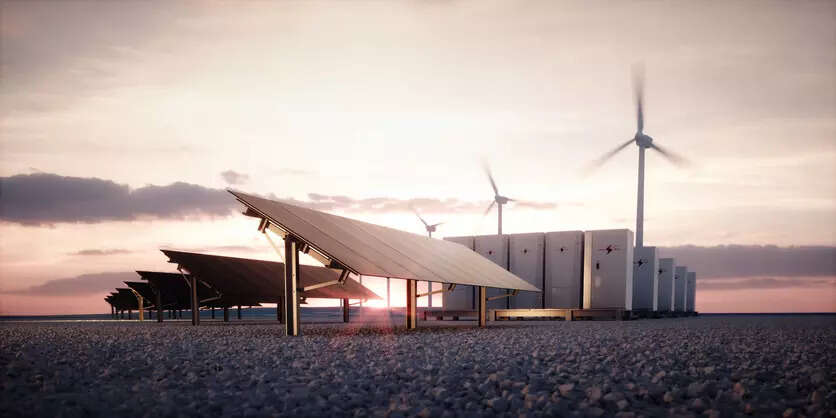
In the current disruptive era of the automobile/mobility industry, technology is playing a key role like never before. Though the Union Budget 2022 has not done anything directly for the automobile industry, a few portions do serve as indicators that areas like clean technology and public transportation could attract government support. “We will promote a shift to use of public transport in urban areas. This will be complemented by clean tech and governance solutions, special mobility zones with zero fossil-fuel policy, and EVs,” the Union Finance Minister, Nirmala Sitharaman, said in her Budget speech on Tuesday.
As the focus on sustainability increases globally, green energy and clean mobility technologies feature in the list of ‘Sunrise Opportunities’ in the Budget. The word ‘technology’ appeared over ten times in the FM’s Budget speech, which is also reflective of the role technology can play in helping the country to be cleaner, more sustainable, efficient and competitive, and the Government’s intent to tap it for necessary gains. “Artificial Intelligence, Geospatial Systems and Drones, Semiconductor and its ecosystem, Space Economy, Genomics and Pharmaceuticals, Green Energy, and Clean Mobility Systems have immense potential to assist sustainable development at scale and modernise the country,” the FM said.
The finance minister also added that “Supportive policies, light-touch regulations, facilitative actions to build domestic capacities, and promotion of research and development will guide the government’s approach” to support the ‘sunrise opportunities”. Government contribution has also been assured for R&D in these areas.
Cleaner technologies
Clean energy and cleaner technologies are the need of the hour across the globe, especially India which has 20 of the 30 most polluted cities in the world. Pollution is an urban problem across the globe. Renewable energy and cleaner propulsion technologies have to be adopted, with adequate government support in some cases, to tackle the challenges. In the case of India, close to half of its population is expected to live in urban areas by 2047, when the country turns 100 as an independent nation.
By then, the global automotive industry may go fully electric. However, in that journey India wants to promote the use of ethanol blended fuel, and wants the auto industry to develop vehicles that can run on 20% ethanol blend by 20225, when the E20 regulation kicks in.
That explains the FM’s announcement of an additional differential excise duty of INR 2 per litre of non-blended fuel, from October 1, 2022. Whether this move will encourage efforts for blending of fuel, time will tell, but it could adversely impact at least a section of the automobile industry. Two-wheeler retailers feel it’s going to further hurt the market that’s already under some stress.
Renewable energy
Renewable energy has to play an important role if India has to fulfill its commitment of going carbon neutral by 2070. The country has an ambitious goal to set up 280 GW of installed solar capacity by 2030. The FM said that to facilitate domestic manufacturing to achieve this, an additional INR 19,500 crore will be allocated for the Production Linked Incentive for manufacturing of high efficiency modules “with priority to fully integrated manufacturing units from polysilicon to solar PV (photovoltaic) modules”. Enhanced solar energy capacity will also help the emerging EV industry to reduce its overall carbon footprint.
“For encouraging important sunrise sectors such as Climate Action, Deep-Tech, Digital Economy, Pharma and Agri-Tech, the government will promote thematic funds for blended finance with the government share being limited to 20% and the funds being managed by private fund managers,” Nirmala Sitharaman said.
To tackle the climate crisis, there’s no single silver bullet. Technologies, across industries, that push the envelope in terms of lowering the carbon footprint deserve support. The Government and the industry will have to work in tandem to roll out sustainable technology and policy roadmaps to enable the country to get modernised and be cleaner simultaneously.
Also Read:
















